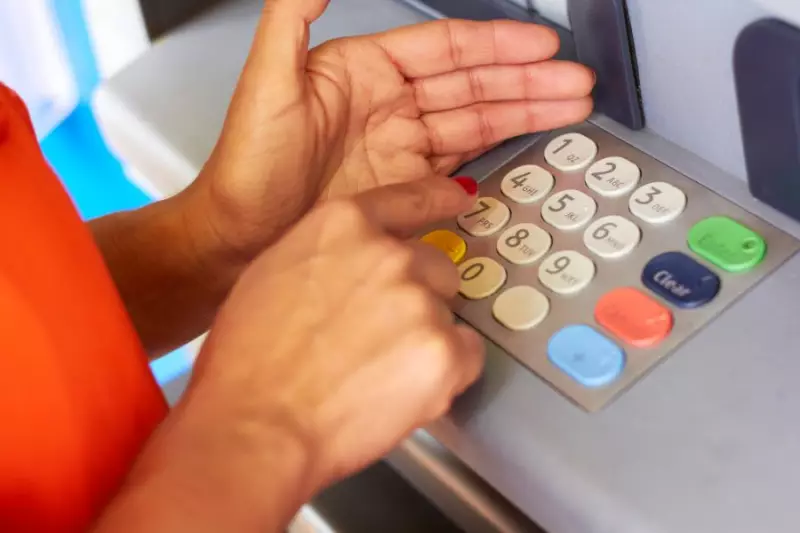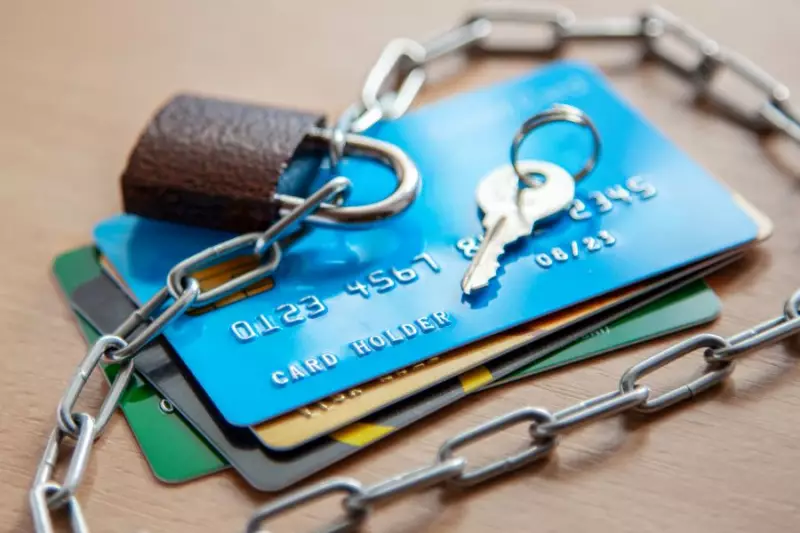6 Common Types of Credit Card Fraud
Table of Contents
- By David Lukic
- Published: Feb 10, 2021
- Last Updated: Mar 18, 2022
Credit card fraud is a lucrative business, and criminals are raking it in using a variety of methods to steal your hard-earned money. There are different types of credit card fraud; some want cold hard cash; others just want to buy goods. Credit card fraud is tightly linked to identity theft, which poses a whole other set of problems.
Your credit card information may not be safe even if your cards are never stolen or lost. Data breaches account for a lot of credit card theft and illegal usage. You might be surprised to learn that only about 0.1% of all credit card transactions are fraudulent. Technology has made it easier for criminals to obtain credit card data, and there are many different types of credit card fraud.
CNP (Card Not Present)
Card not present fraud, to put it primitively; If someone gets ahold of your card number and expiration date, they can potentially use it to make purchases. Some vendors require the PIN code as well, yet some do not. Even if they don’t have your PIN code (which they might be able to get off the dark web), they only have to guess 999 combinations until they crack it. This type of credit card fraud can be committed by phone, internet, or by mail. These are by definition card not present fraud and they are more common than you would think.
Application Fraud/Identity Theft

If someone gets ahold of your identity information, they can apply for accounts in your name and obtain new credit cards and then start spending. Until you get the monthly bill or check your credit report, you won’t even know what happened. You can freeze your credit to keep this from occurring. If your information was lost to a data breach, you should definitely consider this option. Another helpful tip is to sign up for credit monitoring with a company like IDStrong.com.
Credit Card Skimming Fraud
Credit card skimming fraud is basically when thieves use credit card skimmers to grab the information off your card when you use it at an ATM or gas pump. These devices are not easy to spot unless you know what to look for, but this type of credit card fraud can be avoided by only using trusted ATMs at your bank and well-lit, highly trafficked gas pumps. Credit card skimming can be combined with making counterfeit cards based on your information.
Lost or Stolen Cards Fraud
Another example of credit card fraud is lost or stolen card fraud. If you lose your credit card or someone steals it, they can instantly start using it. The sooner you report the theft or loss, the better. Most often, criminals will use stolen cards to make online purchases and buy small stuff that does not require a PIN code. Cancel the card as soon as possible and report any fraudulent charges to your bank.
Account Takeover
Account Takeover is yet again another type of credit card fraud. Fraudsters contact the credit card company and pretend to be you. Since a lot of identity information can be purchased on the dark web, they may have just enough to convince the credit card company they are you. These thieves can then change the mailing address for the statements, so you don’t know what they charged. Even worse they can have new cards issued and sent to them. One way hackers get this information is through malware on your computer that steals your bank login. This type of credit card fraud is extremely dangerous if it is linked to debit cards and your bank account. You could lose everything.
Phishing Attacks
Most of the cybercrimes today begin with a phishing attack. You get an email that looks like it came from your bank or credit card informing you of an issue with your account. It goes on to say, click this link to verify your credentials, and the problem will be fixed. When you click the link instead of being taken to your bank or credit card login, you are taken to a fake website where you enter your credentials (which the thieves have now stolen) or your computer is infected with malware, which steals your information. Phishing is one of the most common ways thieves perpetrate credit card fraud.
How to Protect Yourself From Credit Card Fraud
U.S. law states that victims of credit card fraud are only responsible for $50 (regardless of how much was charged). However, the fraud must be reported within 60 days. Banks and financial institutions typically have fraud departments and can put a block on your account. Merchants, however, are simply out the funds. There is no recourse for them. To keep your credit and debit cards as safe as possible, follow the list of tips below:
- Monitor your monthly statements carefully and look for any unauthorized charges. IDStrong’s credit monitoring service does that for you.
- Report lost or stolen cards immediately.
- If you are a victim of fraud, report it to your bank and cancel the cards.
- Always keep your computer and other devices updated with security patches and antivirus/anti-malware software. Run deep scans often.
- Only use one designated card for online shopping (credit not debit), so your loss is limited.
- Only purchase from trusted merchants.
- Be on the lookout for skimming devices on ATMs and gas pumps.
- Never store your credit/debit card PINs with the cards.
- Never share your credit card information with anyone unless making a purchase.
- Keep a secure record of all your credit/debit card numbers and expiration dates. Also, jot down the 800-number to call in case of fraud.




















